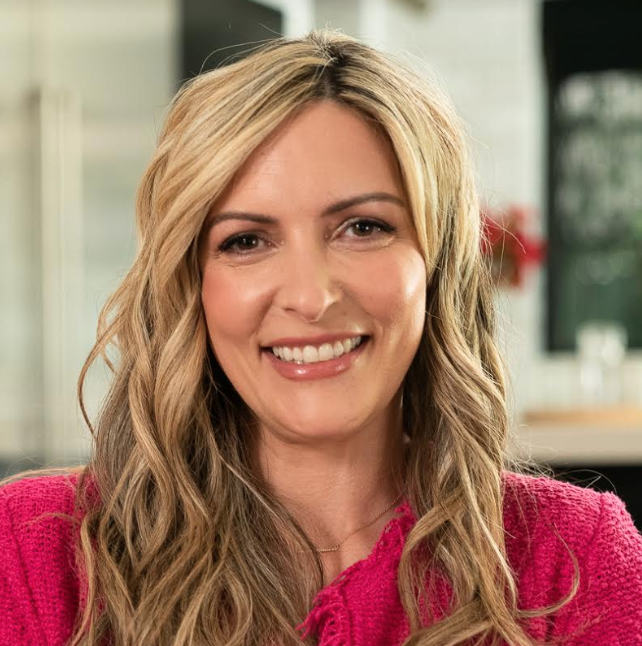The COVID-19 pandemic is shifting the dynamics of work, parenting, and the home. With these changes comes new (or amplified) sources of stress, especially for women, who regardless of whether they work outside the home, bear two-thirds of the work it takes to run a household and a family. That’s where Fair Play comes in — a system created by organizational management expert Eve Rodsky that helps couples rebalance domestic responsibilities so that both people in the relationship can thrive. In this series, Rodsky will draw on her knowledge from creating Fair Play, and offer tips to empower you and your partner to share the load while navigating this new normal together.
As we continue to socially isolate, work remotely, and spend the majority of our time within close proximity of our partners and children, conflict can easily escalate. That’s why establishing and revisiting your family values is more essential than ever. If you haven’t already, begin to think about what is really important to you in this new world that we’re all trying to navigate.
Try asking yourself:
- With schools closed, is it important to homeschool your kids for the majority of the day? Or is a more relaxed “distance learning” schedule your family’s style?
- Is physical exercise a priority for you and your partner? If so, how do you create time and space for that?
- What are the rules about screen time? Is there an all-access pass or limited use? Are the parameters different for the kiddos than the adults?
One couple I spoke to said that planning and preparing home cooked meals has become a meaningful connection point for their family of four. Another said the direct opposite. Mealtime was becoming a stress point for them, so they instituted a new rule based on their values: everyone can do their own thing for breakfast and lunch, and they’ll sit down as a family for dinner.
Save yourself from burnout and yielding to external pressure by making intentional choices that best serve your family based on what’s most valuable to you and your partner. If you get stuck or don’t agree, zero in on your “why” — the why something is important to you in the first place.
Here’s an example. When my friend Stacy yelled at her husband for forgetting to wash his hands when he returned from the grocery store, he yelled back, “I wore gloves in the store and hand sanitized in the car!” Stacy backed off, recognizing that her tone had sounded harsh. Later, after they’d both cooled off, she said to her husband, “I don’t have any control over what’s happening and so the only way I feel control is over what we can do in our home. Can we agree to wash hands every time we walk in the house and work together to keep our family as safe as possible?”
Pinpointing your why helps alleviate conflict because it clarifies each person’s true intention. When we understand where our partners are coming from, we can have greater compassion. And from there, we can make agreements that work for everyone.
Next up: Set a nightly Check-In. The best way to avoid imbalance, overload, and misunderstandings is to check in with your partner daily. I’ll give you prompts for how to use this time effectively…and even infuse it with fun.


